With a changing step facebook introduced new feature through which the users can now able to express more than the only facebook like. Now one can express his or her thoughts with different emotions. Few more work is still going on and some of the features were under the testing phase and will be available for the people in the near future.
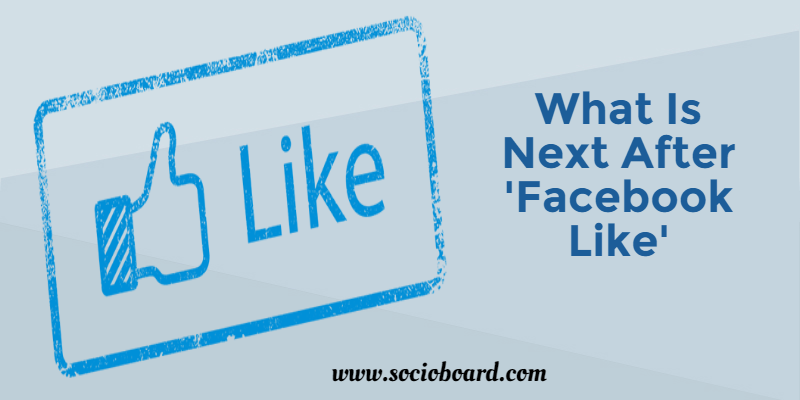
They say on this that they studied and done a huge research on which type of emotions and reactions were used by people all the world, and try to transform them into the new feature which will go to carry a huge fun.
While the new idea, named Facebook reactions, isn’t precisely the “Dislike” button that a few intellectuals were foreseeing, it surely adds some quite required subtlety to the discussion, and not only for end users: progressively information hungry advertisers are likewise jazzed with a lot of anticipation.
Obviously, this could be a completely different advantage for brands. Be that as it may, the inquiry stays: With a stage as dug in as Facebook, would we say we are prepared for the interruption?
Analytical view
At this point, advertisers comprehend what’s in store from Facebook. The audience engagement capacity outcomes are entrenched, and the subsequent information is followed up on in general ways. Be that as it may, the Facebook Reactions worldview is the new domain, no doubt.
“Facebook Reactions are going to mean having entry to significantly more information on our posts,” said Chad Parizman, Director of Convergent Media at Scripps Networks Interactive. “Having the capacity to measure a Love over a Like could be exceptional when choosing what presents on enhance through a paid campaign.
By what means will advertisers start to deal with this? It’s now strikingly uncertain to quantify the ROI of a Facebook Like, and it’ll doubtlessly be significantly more hard to estimate another mix of Loves, Wows, and Hahas. This could undoubtedly prompt a bigger exchange around alleged vanity measure — action that look awesome on paper, however, don’t generally have a quantifiable impact on the primary factors.
Content view
It’s not especially very pleasant to discuss, but rather every advertiser has felt the sting of fizzled substance. Obviously, not every group of visitors communication can be fruitful and we all naturally know this.
As a rule, content that falls completely vanishes into the ether, with excessively few Likes, making it impossible to mean anything. Presently, with Facebook Reactions, that could rapidly change.
Rather than managing an absence of engagement, advertisers may soon be compelled to go up against an altogether diverse issue: the wrong sort of engagement.
“The trouble will be interpreting something like Angry,” proceeds with Parizman. “It is safe to say that someone is furious over the post’s content or the post itself? A social awareness crusade might need to get people furious to get them locked in. A TV tune-in campaign, most likely not really so much.
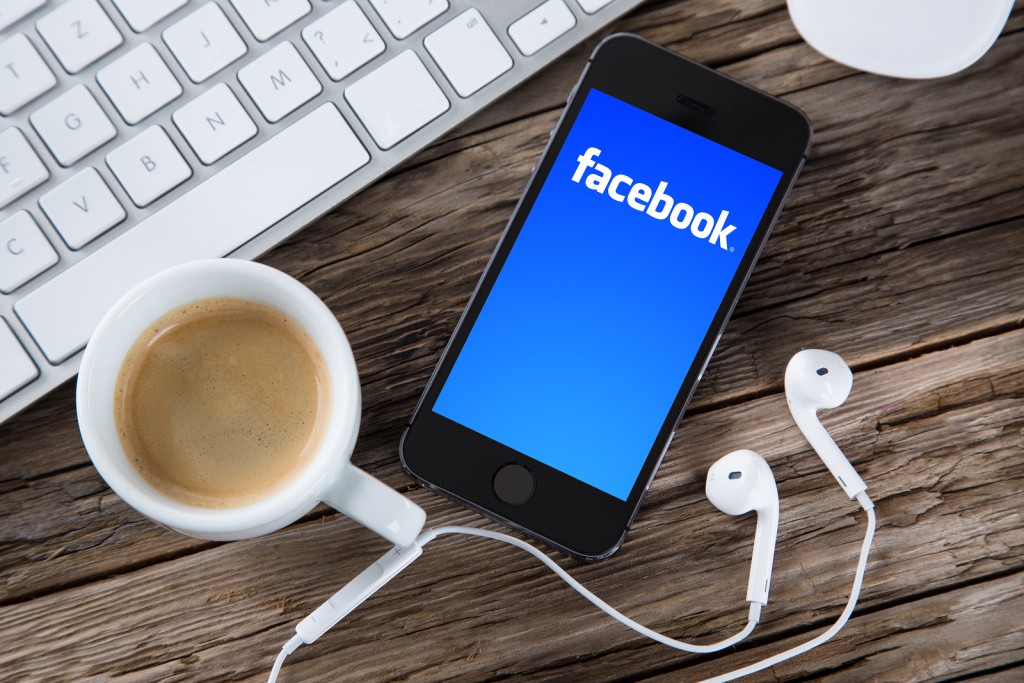
PRAGUE, CZECH REPUBLIC – FEBRUARY 20, 2014: Facebook is an online social networking service founded in February 2004 by Mark Zuckerberg with his college roommates and is now a fortune 500 company.
Keen advertisers will rapidly start endeavors at enhancing content for these new sorts of engagements, and that is as it ought to be. The potential confusion, as usual, is Facebook itself.
As anybody in social marketing can authenticate, it’s now famously hard to get eyes on even the best content— the Facebook Reactions idea speaks is a headache for advertisers who depend on the natural or organic achievement of their posts. It’s without a doubt going to set aside some an opportunity to make sense of.
Will organic content be de-organized by the newsfeed calculation if the Like/Angry reactions achieve a particular point? Regardless of (or maybe as a result of) its colossal ubiquity with brands and shoppers alike, Facebook has never been so crystal clear about the procedure, and that is not prone to change.

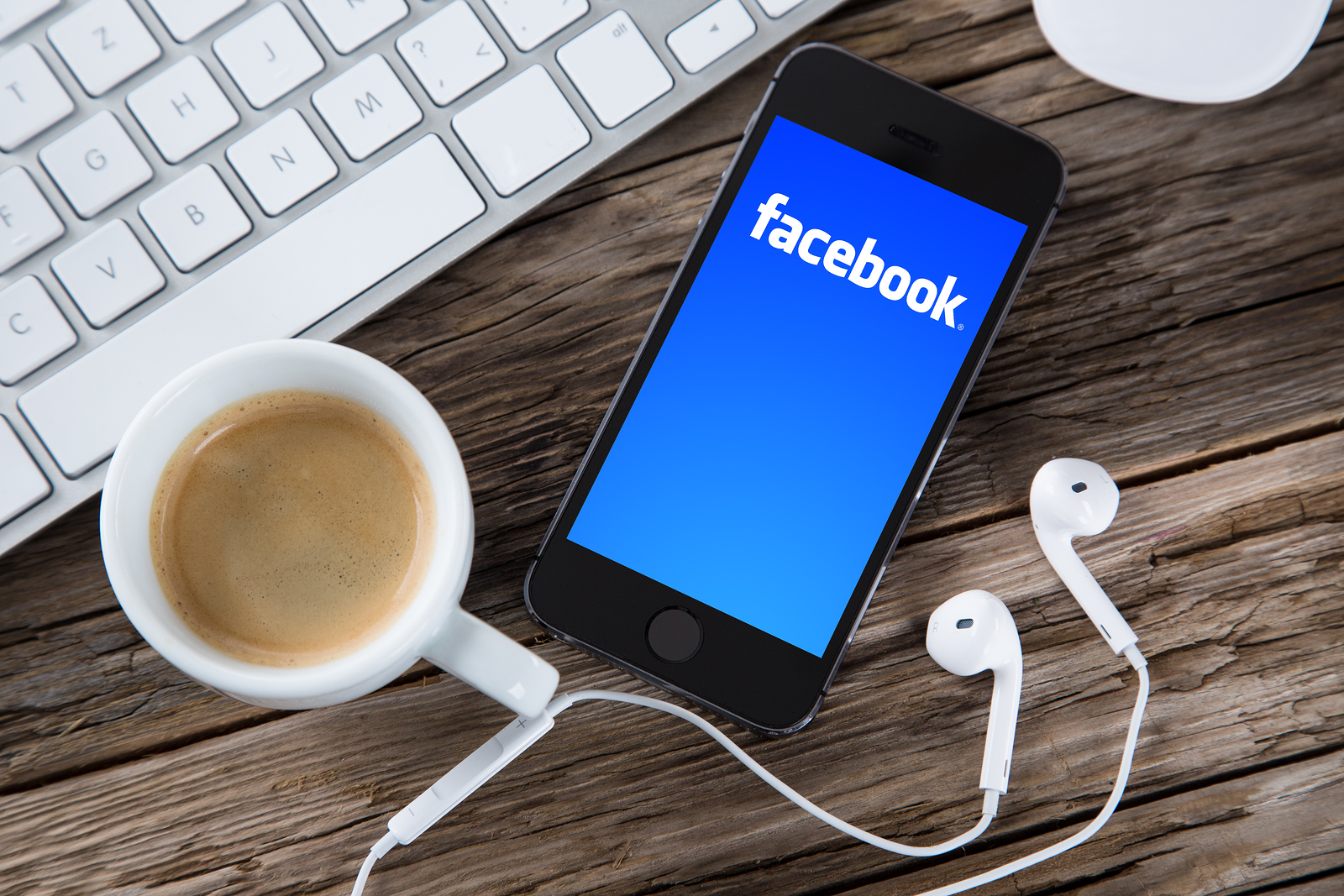

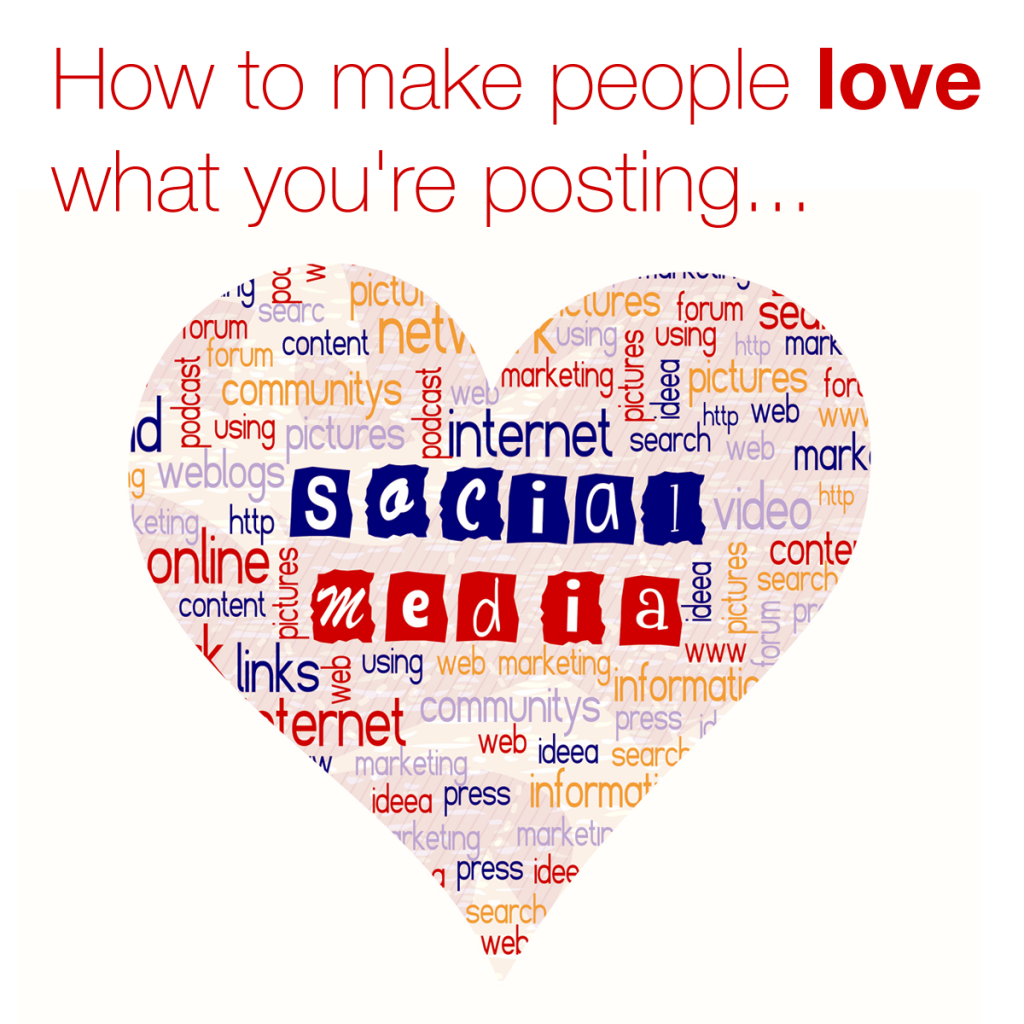
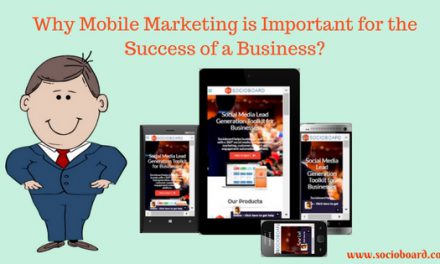
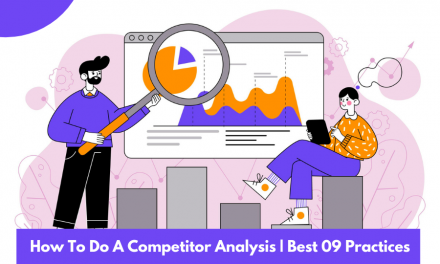
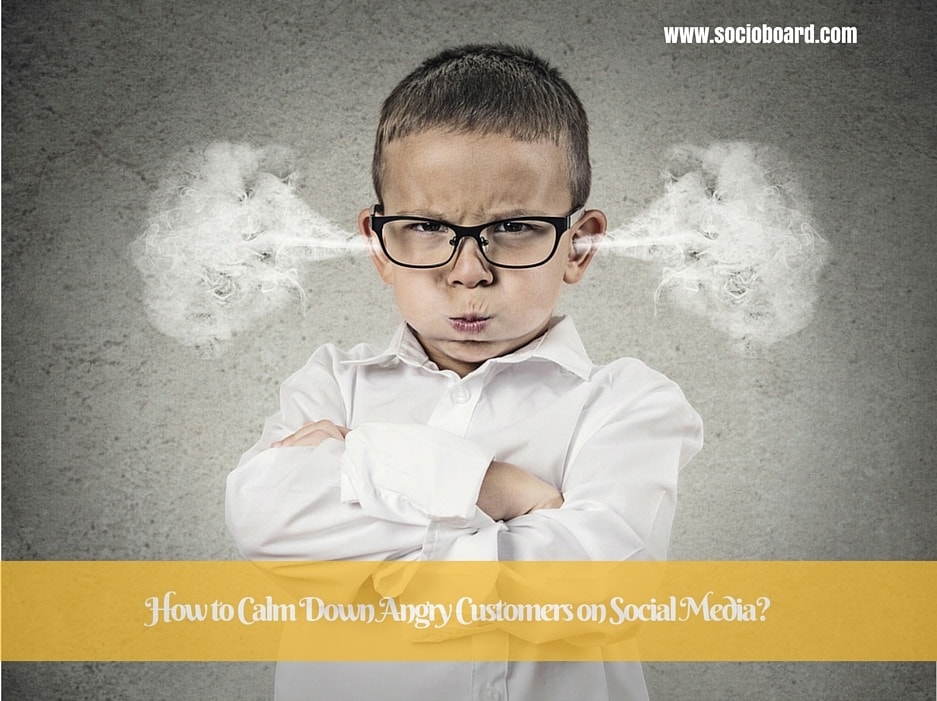
Recent comments